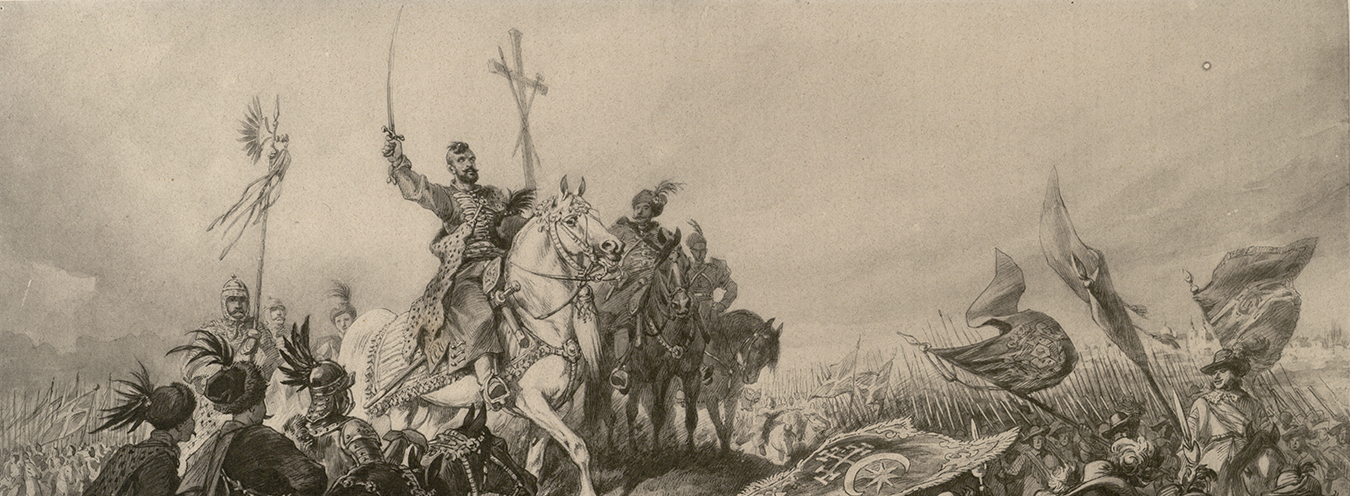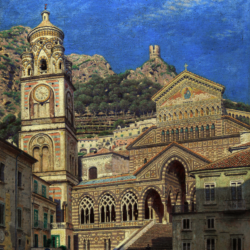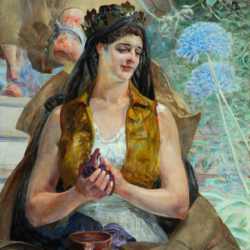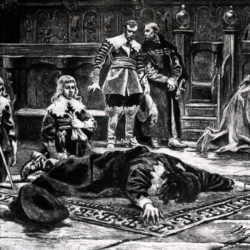
The bulwark of Christianity
Fire in the Steppe (Pan Wołodyjowski) becomes a novel filled to the brim with the idea of Poland as the outwork of Christianity and the character coming starkly into the foreground is hetman Jan Sobieski, the future vanquisher of the Turkish Islamic power and a true knight of the outwork. In the novel, he is not driven by political pragmatism but unambiguously persists with maintaining Christian values. Facing the rising wave of betrayal among the Polish Tartars who are escaping to Crimea and Turkey (theme based on facts),[1] he does not acquiesce to the political plan (fictional theme) of creating an autonomous allied Tartar country within Poland under the leadership of Azja, son of Tuhay-Bey, mainly because he fears such a country could easily resort to religious oppression of the Eastern Orthodox Cossacks.[2]
An Islamic country within Poland’s borders may quickly become a force against civilization as Islam is devoid of the republican element of tolerance which is inscribed into the Polish tradition of the gentry and Christianity. The belief in this expansionist nature of the Islamic religion is strengthened in the writer as he shares the observations he made traveling around Africa. There, the influence of Christian missions constitutes a bulwark against the expansiveness and barbarism of Islam.
Firstly, they fight slavery and support the European humanitarian anti-slavery movement far more strongly than any means, even more than dreadnoughts or cannons. Secondly, they fight Islam, that greatest scourge of Africa, which as I mentioned, makes a blackie a wolf to a blackie and which is the root of all possible evil, that is slavery itself, and bloody slaughters, and the undoing of entire nations. […] Islam means slavery – and slavery is war, savage assaults, forsaking work, a sea of blood, a sea of tears, stagnation, and disorder.[3]
The Trilogy author’s vision of Islam is also inscribed into his discourse on civilization which is quite close to the beliefs of the most prominent Polish positivist theorist of this issue, Feliks Koneczny, the author of the well-known dissertation O wielości cywilizacji (On the diversity of civilizations; 1935) in which he consonantly demonstrates the impossibility of the coexistence of human congregations based on heterogeneous civilizational values. The only exception being the Latin civilization within which the existence of cultural minorities is possible if they conform to its regulations.











